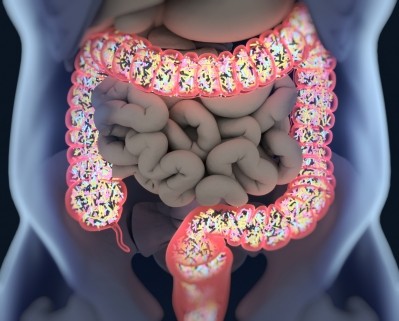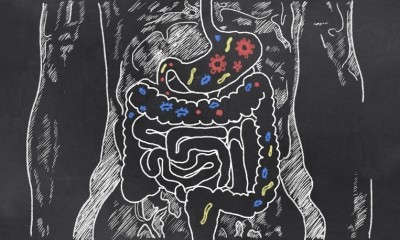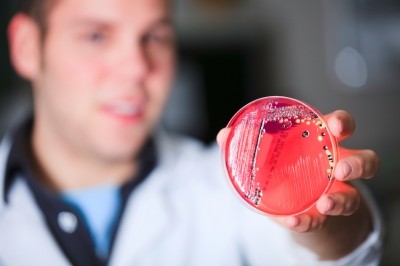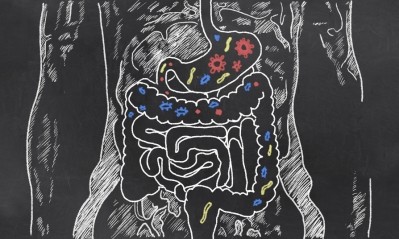Prebiotics may lower markers of obesity-associated inflammation: Human data

Twelve weeks of supplementation with 21 grams of oligofructose were associated with significant decreases in lipopolysaccharide (LPS), an endotoxin that elicits strong immune responses, while LPS levels increased in the placebo group.
The prebiotic was associated with significant reduction in plasminogen activator inhibitor-1 (PAI-1), a risk factor for thrombosis, according to findings published in Obesity.
“Supplementing the regular diet with 21 g/d of oligofructose has been previously shown to reduce body weight and body fat mass compared to placebo in adults with overweight/obesity,” report scientists from Mount Royal University and the University of Calgary.
“Furthermore, oligofructose supplementation, independent of any other lifestyle changes, reduced plasma levels of proinflammatory LPS and prothrombotic PAI-1. Because higher PAI-1 and LPS levels contribute to the complications of obesity, supplementing prebiotics in the diet may help delay or prevent comorbidities associated with obesity.”
Study details
The Canada-based scientists analyzed data from 37 people who participated in a previously conducted randomized, double-blind, placebo-controlled trial. The participants had been randomly assigned to receive either 7 grams of oligofructose three times per day or a maltodextrin placebo for 12 weeks.
Results showed that LPS levels in participants in the prebiotic group decreased by 40%, while levels increased by 48% in the placebo group. These results agreed with data from studies with lab mice published by Cani et al. (Diabetes, 2008, Vol. 57, pp. 1470-1481), said the researchers.
In addition, PAI-1 decreased by 17.3 ng/ml in the oligofructose group while levels decreased by 9.7 ng/ml in the placebo group.
Prebiotics are defined as “selectively fermented, dietary ingredients that result in specific changes in the composition and/or activity of the gastrointestinal microbiota, thus conferring benefit(s) upon host health”.
“We believe we are the first to report a reduction in PAI-1 with oligofructose in humans,” wrote the researchers. “PAI-1 is a procoagulant, and increased levels are associated with thrombosis. Weight loss lowers PAI-1 levels in patients with type 2 diabetes and coronary heart disease. Furthermore, elevations in glucose and insulin are among the factors that increase PAI-1 production, and we previously reported a decrease in glucose and insulin levels in the oligofructose group but not placebo the group […] Therefore, the lower PAI-1 we observed in our oligofructose group might be linked to reduced glucose and insulin levels and therefore reduced production of PAI-1.”
No significant effects were observed for other biomarkers, however, including Oligofructose did not affect interleukin-6 (IL-6), tumor necrosis factor-alpha (TNF-alpha), macrophage chemoattractant protein-1 (MCP-1), adiponectin, or resistin.
Gut microbiota
“Our results are limited in that we did not quantify microbial changes and thus cannot make a direct link between the gut microbiota and the changes in inflammation presented here,” wrote the researchers. “Importantly, Dewulf et al. (Gut, 2013, Vol. 62, pp. 1112-1121) did show an increase in Bifidobacterium and Faecalibacterium prausnitzii with oligofructose-enriched inulin, and both bacteria negatively correlated with serum LPS levels.”
Source: Obesity
March 2017, Volume 25, Issue 3, Pages 510–513, doi: 10.1002/oby.21763
“Oligofructose decreases serum lipopolysaccharide and plasminogen activator inhibitor-1 in adults with overweight/obesity”
Authors: J.A. Parnell et al.
















